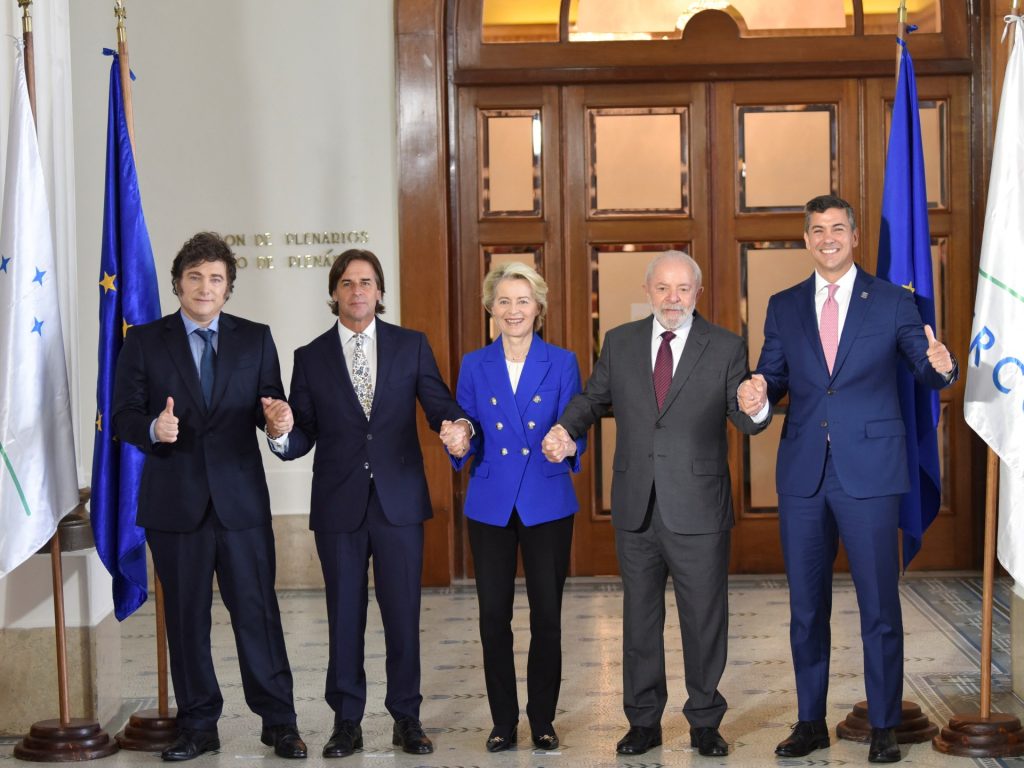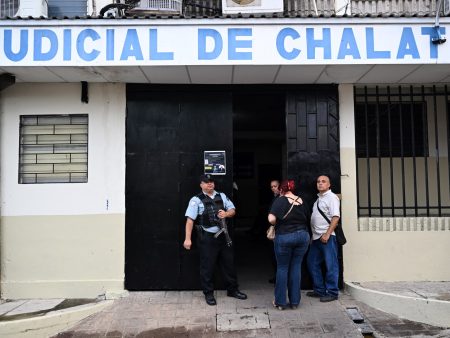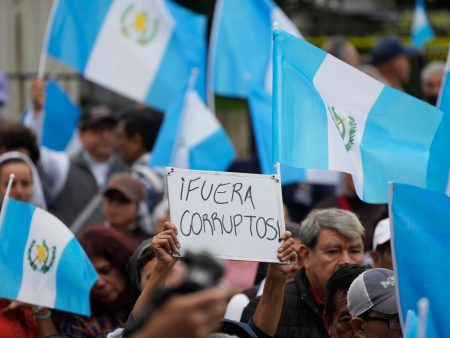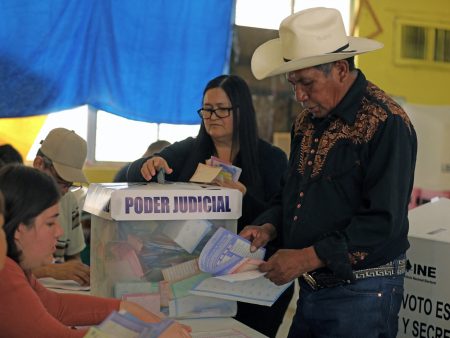The European Union and the South American trade bloc Mercosur have reached a political agreement on a free trade deal after over two decades of negotiations, a landmark achievement hailed as a “win-win” by European Commission President Ursula von der Leyen. This agreement aims to establish one of the world’s largest free trade zones, encompassing over 700 million people and nearly a quarter of global GDP. Modeled after the US-Mexico-Canada Agreement, it seeks to dismantle trade barriers and reduce tariffs, facilitating easier export of goods between the two regions. The deal is seen as a crucial step in strengthening economic ties and promoting multilateralism in a world increasingly facing protectionist pressures.
Mercosur, primarily comprised of Brazil, Argentina, Paraguay, and Uruguay, represents a significant market for European goods. Bolivia is a newer member while Venezuela’s membership is currently suspended. The agreement is expected to boost trade between the two blocs, opening up new markets for European businesses and providing access to crucial raw materials, including lithium vital for the EU’s green transition. Proponents argue that the deal will stimulate economic growth and strengthen competitiveness for both regions, offering significant advantages to industries such as automotive, machinery, chemicals, and agriculture.
However, the deal has faced significant resistance from certain EU member states, primarily France, which has raised concerns regarding the agreement’s potential impact on its agricultural sector. These concerns are echoed by the European farmers lobby Copa-Coge, which argues that the influx of Mercosur agricultural products, potentially not meeting EU standards, would create unfair competition and jeopardize European farmers’ livelihoods. This internal dissent highlights the complex balance required to navigate the diverse interests within the EU and underscores the challenges in securing final approval for the agreement.
While some European nations express skepticism, others, including Germany and Spain, strongly advocate for the agreement, emphasizing its strategic importance in diversifying trade relationships and reducing reliance on China and Russia. German Chancellor Olaf Scholz lauded the deal as a significant step towards increased growth and competitiveness, while German industry associations welcomed the move, emphasizing the need for efficient and timely conclusion of such critical agreements. Spain, similarly, views the agreement as crucial for accessing key raw materials like lithium and expanding markets for its industries.
The road to final ratification remains challenging, requiring approval from a qualified majority of EU member states and the European Parliament. The agreement’s success hinges on addressing the concerns of skeptical members and balancing the perceived benefits against potential negative impacts on specific sectors, such as agriculture. Furthermore, environmental groups have voiced their opposition, labeling the deal as “climate-wrecking,” adding another layer of complexity to the ratification process.
The EU-Mercosur trade agreement, while representing a significant milestone in transatlantic trade relations, is far from finalized. The political agreement reached marks a crucial step, but the path ahead is fraught with challenges. Navigating the diverse interests within the EU, addressing environmental concerns, and mitigating potential negative impacts on specific sectors will be crucial for securing the necessary support and ultimately bringing the agreement into force. The outcome of this process will significantly impact the future of trade relations between the two regions and potentially reshape the global trade landscape.










